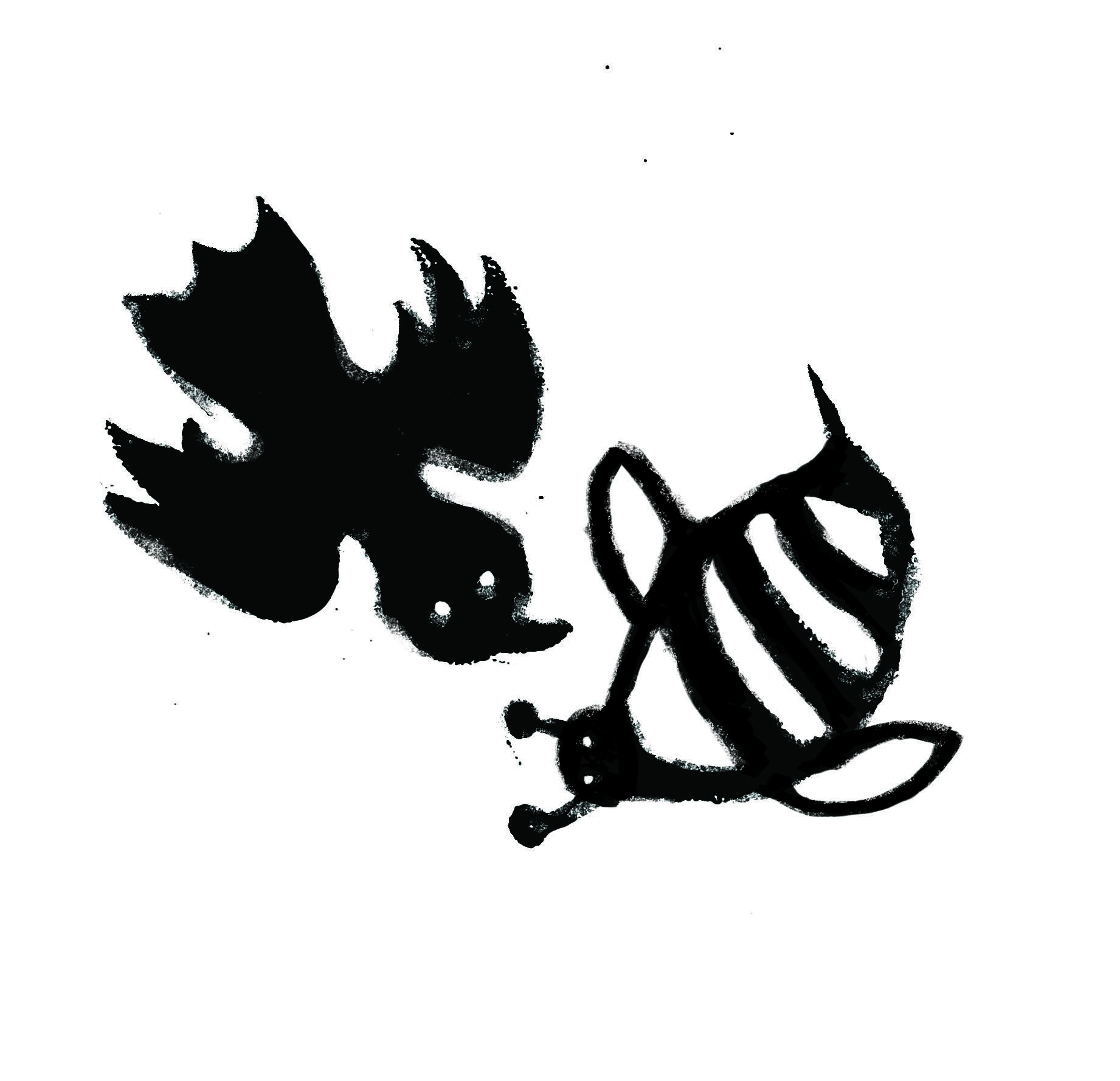It’s time we gave bisexuality some recognition.
As our sex column has been rather heteronormative as of late, why not discuss the tendency both in the media and in everyday life to treat bisexuality as less than?
Coming out as bisexual can elicit two negative reactions: if you are female, it is often seen as attention seeking or as being “just a phase,” and if you are male it is met with hushed whispers of “he’s probably just gay.” Even worse, the words “you’re just confused” are some of the most favoured to throw around. Being bisexual is seen as a halfway point, a crutch and not quite as serious as being either straight or gay.
It seems to affect bisexual men and women equally.
With the move towards more LGBT+ centric TV shows, the B still remains invisible for the most part. Orange is the New Black, one of the most popular shows around, also skirts around using the word bisexual. Piper Chapman, the main character, has had sexual and intimate relations with both a man, her fiance Larry, and a woman, her ex and sometimes current lover Alex. To an outside observer it seems like the perfect opportunity to feature a bisexual lead on a hit show. Yet Piper is seen as an “ex-lesbian,” when referring to her long term relationship with Alex. Piper can identify as whatever she chooses, but when the lesbian and trans communities are so openly and warmly represented on the show it feels like a missed opportunity.
By not uttering the word “bisexual” it makes an entire community feel all the more invisible and contributes to the bi-erasure that trickles down into everyday life. The lack of representation of bisexuals in the media contributes to misinformation being spread.
Recently, actress Anna Paquin was questioned by Larry King on whether or not she could consider herself bisexual now that she was married to a man. Invasive questions are often asked of those who identify as bisexual in an attempt to pigeonhole them.
However, this is not limited to the media, it happens in daily interactions as well. Probing questions about how many men and women said person has been with are asked in order to gage “how bisexual they really are,” as if these were not extremely offensive and invasive questions that would never be asked of someone who identifies as heterosexual.
The bottom line is that bisexual people exist and should be treated with the respect that would be given to anyone else.




